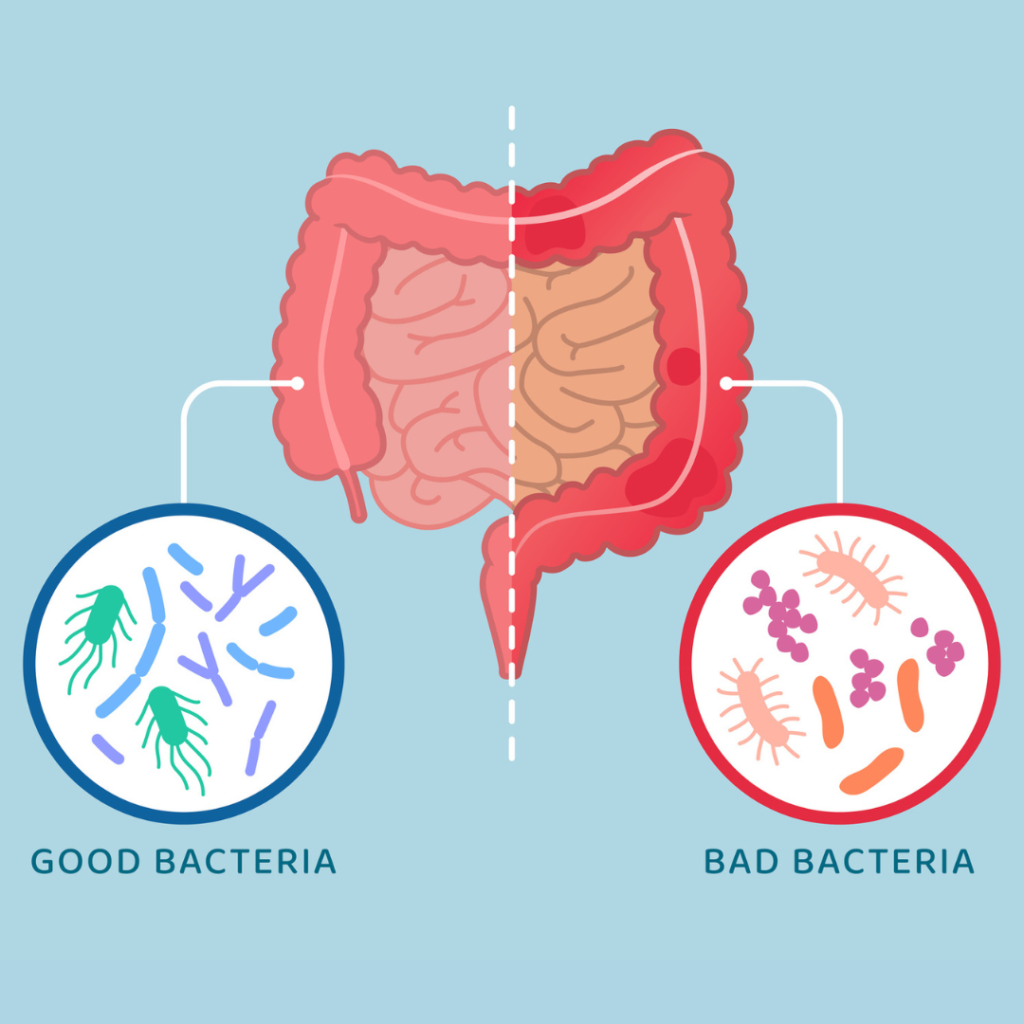
How to Improve Gut Microbiome
Gut Microbiome | Gut Health | Diet | Balance Your Microbiome | Conclusion
How to Improve Gut Microbiome
To improve your gut microbiome, there are several effective strategies you can use. These range from changes to your diet, lifestyle, and even to your exercise routines. If you are trying to learn how to improve your gut microbiome, you need to start with understanding the role it plays in your health.
So, what exactly is the gut microbiome? The microbiome is a collective community of microorganisms, including bacteria, viruses, fungi, and other microscopic organisms. This community is usually in a particular environment, such as the human body, soil, or water. There are several microbiomes in your body, in places such as the gut, lungs, eyes, and even on your skin.
The gut microbiome plays a pivotal role in maintaining your overall health. It helps you digest food, make important vitamins, protects from germs, and even influences your mood and mental well-being. Read on for tips and strategies on how to improve your gut microbiome.
Improving Gut Health
Improving gut health is a crucial step in improving your gut microbiome. The health of your gut also plays a major role in your well-being. Some of the key steps you can take to improve your gut health are:
- Eating a balanced and nutritious diet
- Managing stress
- Exercising regularly
- Getting enough sleep
- Discussing antibiotics use with your healthcare practitioner
Managing stress levels not only help with your health but can help with improving gut health as well. High levels of stress can disrupt the balance of gut bacteria and lead to digestive discomfort. Engaging in stress-reducing activities such as meditation or deep breathing exercises can help reduce stress and promote a healthier gut environment.
This is where regular exercise can also help. Exercising throughout the week can improve your sleep too, thereby improving your gut microbiome even more.
Along with staying active, you need to get enough sleep as well for gut health. Sleep deprivation can negatively impact the gut microbiome and contribute to digestive issues. Aim to get seven to eight hours of quality sleep each night to support your gut.

Microbiome Diet
One of the key ways you can improve your gut health is through your diet. The microbiome diet specifically focuses on improving the health and diversity of the gut microbiome. This diet emphasizes foods that promote a healthy balance of bacteria in the gut.
Fiber-rich and fermented foods are the two most important types of foods in this diet. Fiber-rich foods provide prebiotic fibers that serve as fuel for beneficial bacteria in the gut. This also promotes their growth and diversity. Examples of fiber-rich foods include fruits, vegetables, whole grains, and legumes.
Additionally, fermented foods like yogurt, kefir, sauerkraut, and kimchi are also commonly included in a microbiome diet. These foods contain probiotics, which are live bacteria that can introduce beneficial microbes into the gut. Fermented foods also support a robust gut microbiota.
If you decide to try the microbiome diet, you may want to eat less processed foods, added sugars, and artificial sweeteners. These may harm the balance of good bacteria in your gut and may cause digestive issues.
Balance Your Gut Microbiome
With the help of a microbiome diet, you can balance your gut microbiome. Balancing your gut microbiome is crucial for maintaining optimal health and well-being. While this requires a multi-faceted approach, its benefits can be numerous as well.
Sometimes you may come across situations where you end up with an imbalanced gut microbiome. Periods of stress, antibiotics, sleep disruption can all affect your microbiomes. That’s why you need several tools to help balance your microbiome. Along with diet and exercise, probiotic supplements can be a easy one to include in your daily routine as well.
Not only can a balanced microbiome help with any digestive issues, it can even promote skin health as well. Clinical research trials show that consuming a blend of probiotics can help with eczema symptoms. The gut microbiome doesn’t just keep your gut healthy, it can keep your skin healthy too.
Summary
Taking care of your gut is important for your health. Some of the ways to make your gut healthier include eating good foods, managing stress, and exercising. Eating a balanced diet, finding ways to relax and reduce stress, and staying active can all help your gut stay healthy. You can also try taking probiotic supplements to support your gut. Having a healthy gut can not only help with digestion but can also make your skin and health better as well. Caption: Unlock the secrets of a healthy gut! Discover effective strategies to improve your gut microbiome for optimal health. From diet tips to stress management and exercise, learn how balancing your gut microbiome can nourish your body and skin.
References
Canadian Digestive Health Foundation: 10 Ways to Strengthen Your Microbiome
Healthline: How to Improve Gut Bacteria in 7 Steps
Harvard T.H. Chan School of Public Health: The Microbiome
Everyday Health: Simple Ways to Improve Your Gut Microbiome, Starting Today
Medical News Today: How to Improve Gut Health: 8 Evidence-Based Tips
